As Europe faces its most volatile security environment in decades, three of its most influential leaders — British Prime Minister Keir Starmer, French President Emmanuel Macron, and German Chancellor Friedrich Merz — are facing crises on both ends.
On one side, they are working closely with the United States and other allies to support Ukraine and deter further Russian aggression.
On the other, they are battling intense political instability at home, marked by plummeting approval ratings and widespread protests.
While they have projected unity and determination abroad, each leader is facing unprecedented challenges within their own borders.
Battling domestic scandals with Keir Starmer
Keir Starmer’s upcoming meeting with US President Donald Trump next week is expected to highlight the strength of transatlantic relations.
The visit, scheduled for next week, will focus heavily on Ukraine, with Starmer seeking to reinforce Western backing for Kyiv at a time when Russian military activity is escalating.
Just days before the planned meeting, Russian drones crossed into Polish airspace, triggering a rapid response from Nato allies. Fighter jets were scrambled in what has been described as a dangerous escalation along the alliance’s eastern flank.
The incident has put a spotlight on the stakes of Starmer’s discussions with Trump, as European leaders continue to grapple with how best to confront Moscow’s actions while avoiding direct conflict.
While Starmer is preparing to play the role of international statesman, his domestic political landscape has grown increasingly unstable.
His government has been rocked by multiple scandals, the most damaging involving Peter Mandelson, Britain’s ambassador to the United States.
Mandelson was dismissed after a series of emails came to light, revealing the extent of his relationship with Jeffrey Epstein, the late disgraced American financier and convicted sex offender.
Among the most damaging revelations was correspondence in which Mandelson referred to Epstein as “my best pal” and offered him advice on how to challenge his 2008 conviction for soliciting a minor.
The British Foreign Ministry stated, “The emails show that the depth and extent of Peter Mandelson’s relationship with Jeffrey Epstein is materially different from that known at the time of his appointment.”
Initially, Starmer defended Mandelson, praising his diplomatic skills and his role in securing a vital trade agreement with Washington. However, as public outrage increased and further details emerged, Starmer reversed his stance and demanded Mandelson’s removal.
The timing could not have been worse, with Trump’s state visit looming and questions swirling about the ambassador’s ties to both Epstein and senior figures in US politics.
Mandelson’s downfall came just days after the abrupt resignation of UK Deputy Prime Minister Angela Rayner over a tax controversy, leaving Starmer’s cabinet destabilised ahead of one of the most important diplomatic events of his tenure.
These scandals have had a severe impact on Starmer’s public standing.
According to a More in Common poll conducted between September 5-8, his net approval rating has plunged to -44 per cent.
Sixty-two per cent of respondents said he is performing poorly as prime minister, while only 18 per cent expressed approval of his leadership.
This marks a dramatic fall from a positive 11 per cent rating in July 2024, representing a 54-point decline since the general election.
Starmer now ranks among the least popular leaders in the Western world, trailing even Donald Trump, whose net approval stands at -13 per cent, and Italy’s Giorgia Meloni, who has also seen her popularity slip.
Among major Western leaders, only Emmanuel Macron fares worse than Starmer, with a net approval of -53 per cent after eight years in office and recent legislative election defeats. Friedrich Merz, Germany’s chancellor, currently holds a -38 per cent approval rating.
Despite the poor polling numbers, Starmer retains significant political leverage thanks to his party’s commanding 148-seat majority in Parliament.
He is not obligated to call an election until 2029, giving him time to attempt a political recovery.
However, the rapid rise of right-wing populist Nigel Farage has generated intense speculation about the potential for a future challenge to Starmer’s leadership.
Tackling economic woes with Emmanuel Macron
In France, President Emmanuel Macron is dealing with simultaneous political and economic crises that have severely weakened his government’s ability to function.
Earlier this week, his sixth prime minister, François Bayrou, was ousted through a no-confidence vote after introducing a deeply unpopular budget proposal that included substantial cuts to public spending.
Sébastien Lecornu was sworn in as the new prime minister on Tuesday, but he faces an uphill battle in navigating France’s fragmented political environment.
Far-right and far-left factions in parliament have shown little interest in compromise, focusing instead on forcing Macron to call new legislative elections.
The political instability has been compounded by widespread protests under the banner of the “Block Everything” movement. Originally launched by right-wing groups online in May, the movement has since broadened to include left-wing and far-left organisations.
On Wednesday, demonstrations erupted across France, with protesters blocking highways, setting up barricades, and clashing sporadically with security forces. Authorities deployed more than 80,000 security personnel nationwide to contain the unrest.
In Paris, riot police used tear gas to disperse crowds, while water cannons were employed in other regions. Over 300 people were arrested nationwide, including nearly 200 in the capital alone.
French Interior Minister Bruno Retailleau described the protests as a major mobilization, saying, “Those who wanted to block the country failed to do so.”
Despite the government’s response, anger remains high over Macron’s plan to reduce government spending by €44 billion ($52 billion).
The cuts are part of an effort to address France’s budget deficit, which has reached nearly double the European Union’s 3 per cent ceiling.
The country’s debt-to-GDP ratio now stands at 114 per cent, among the highest in the eurozone.
This financial strain has raised concerns about France’s ability to borrow at low interest rates. Spreads on French government bonds against benchmark German 10-year bonds have climbed to their highest level in four months, increasing the risk of a credit rating downgrade.
Such a downgrade would make it more expensive for France to service its debt and could deepen the fiscal crisis.
The Socialists have proposed an alternative budget that would include a 2 per cent wealth tax on individuals with assets exceeding €100 million ($117.5 million).
This measure could generate approximately €22 billion in savings. However, it conflicts sharply with Macron’s pro-business agenda, making it unlikely to gain widespread support.
For now, Macron has resisted calls from Marine Le Pen’s National Rally and the leftist France Unbowed party to dissolve parliament and call snap elections.
Confronting coalition tensions with Friedrich Merz
In Germany, Chancellor Friedrich Merz began his term with ambitious goals to modernise the economy and strengthen the country’s defence capabilities.
Early in his tenure, he successfully negotiated a relaxation of Germany’s strict debt rules, enabling a significant increase in military spending.
This move was part of a broader European effort to bolster collective defence in response to Russia’s invasion of Ukraine.
In August, Merz joined fellow European leaders at a summit hosted by Trump at the White House. During the meeting, the leaders coordinated strategies to pressure Russian President Vladimir Putin into considering a ceasefire.
Following the summit, Merz stated, “We were well prepared and well coordinated. I think that really pleased the American president, in the sense that he noticed that we Europeans are speaking with one voice here.”
While Merz’s foreign policy efforts have earned praise abroad, his domestic agenda has encountered significant obstacles.
His governing coalition, composed of his centre-right Christian Democrats and the centre-left Social Democrats, has struggled to agree on key economic reforms. Critics argue that the measures introduced so far have been too cautious to address Germany’s structural challenges.
Internal divisions within the coalition came to a head over the nomination of a liberal legal scholar to Germany’s highest court.
The nominee’s views on abortion and other social issues provoked fierce opposition from conservative factions, delaying the appointment and highlighting the fragility of Merz’s alliance.
Adding to these difficulties is the rapid ascent of the far-right Alternative for Germany (AfD), which now surpasses Merz’s party in several national polls.
The AfD’s rise reflects widespread dissatisfaction with centrist policies and growing concerns over immigration, the economy, and Germany’s role in supporting Ukraine.
How Europe is divided over Ukraine
Despite their individual struggles, Starmer, Macron, and Merz have demonstrated a high degree of coordination in their approach to foreign policy, particularly regarding Ukraine.
European nations have collectively committed to unprecedented increases in defence spending, including the purchase of US-made weapons for transfer to Ukrainian forces.
There are also discussions underway to form a “coalition of the willing” that could provide long-term security guarantees for Ukraine once a peace agreement is reached.
However, experts caution that this unity could unravel if domestic political pressures continue to mount.
Public opinion across Europe still largely supports aiding Ukraine, but prolonged economic hardship and political unrest could erode that consensus.
If European governments are eventually asked to deploy peacekeeping forces, centrist leaders may face fierce resistance from voters and opposition parties.
Polish Prime Minister Donald Tusk remains firmly committed to supporting Ukraine, but newly elected President Karol Nawrocki has taken a more sceptical stance.
Nawrocki opposes Ukraine’s membership in the European Union and has called for stricter controls on Ukrainian refugees, deepening divisions within the country.
As Russia’s war in Ukraine grinds on, Europe’s leaders are walking a political tightrope.
With inputs from agencies


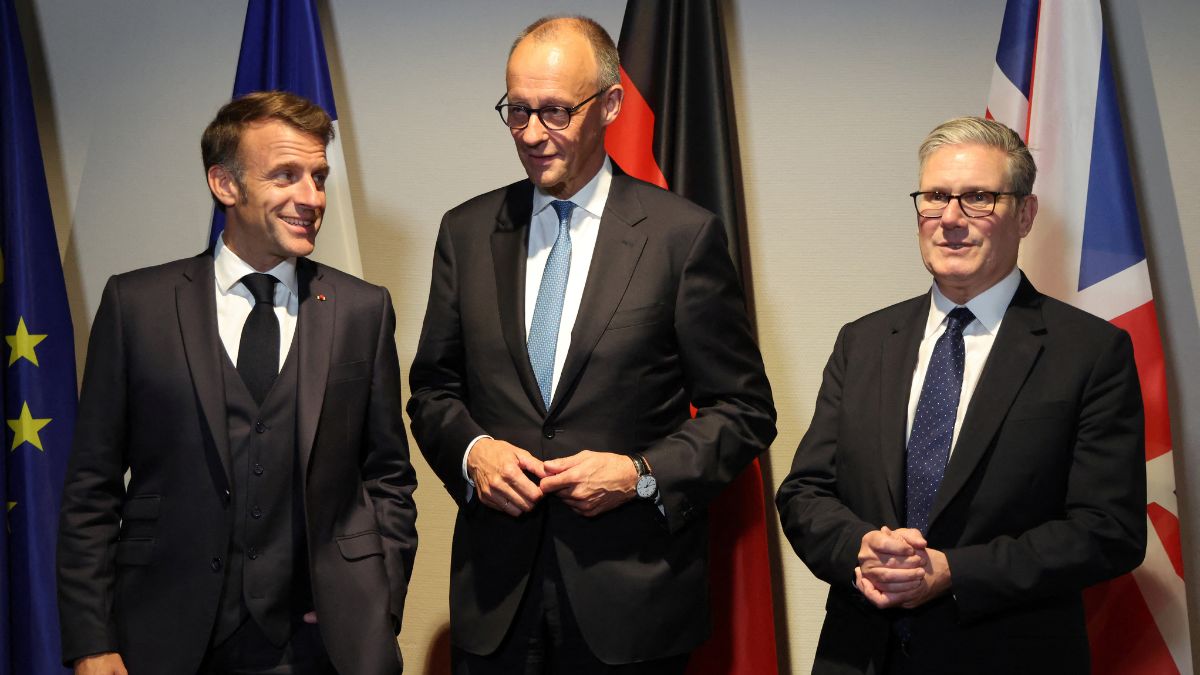)
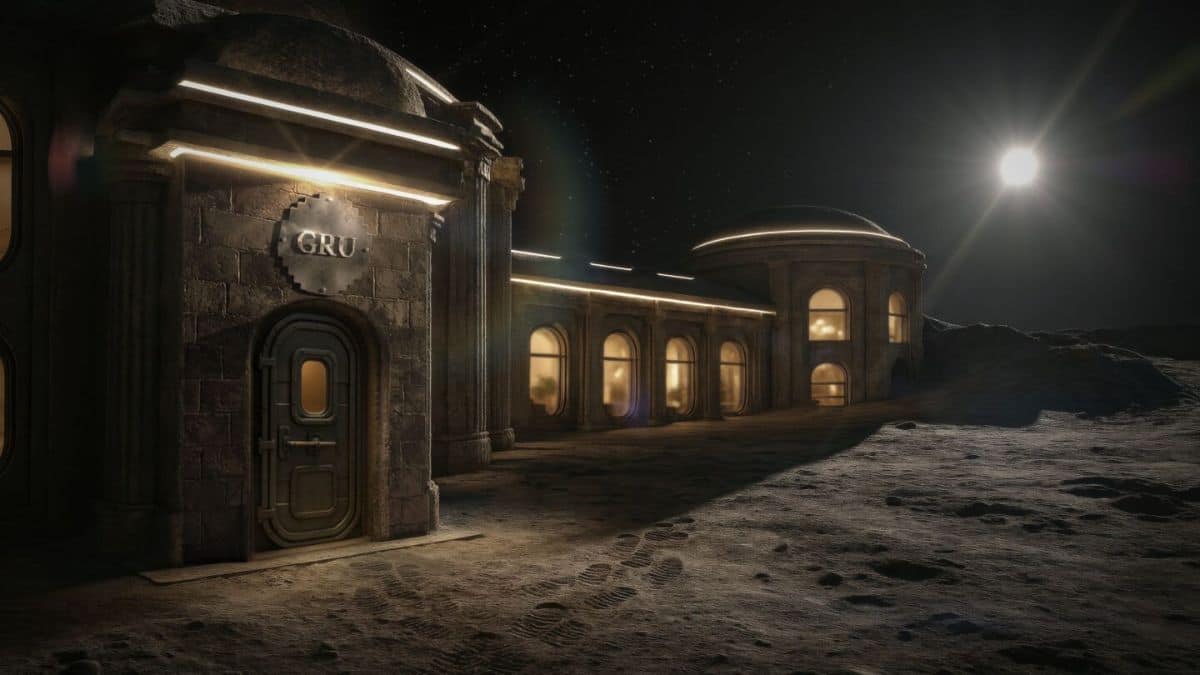
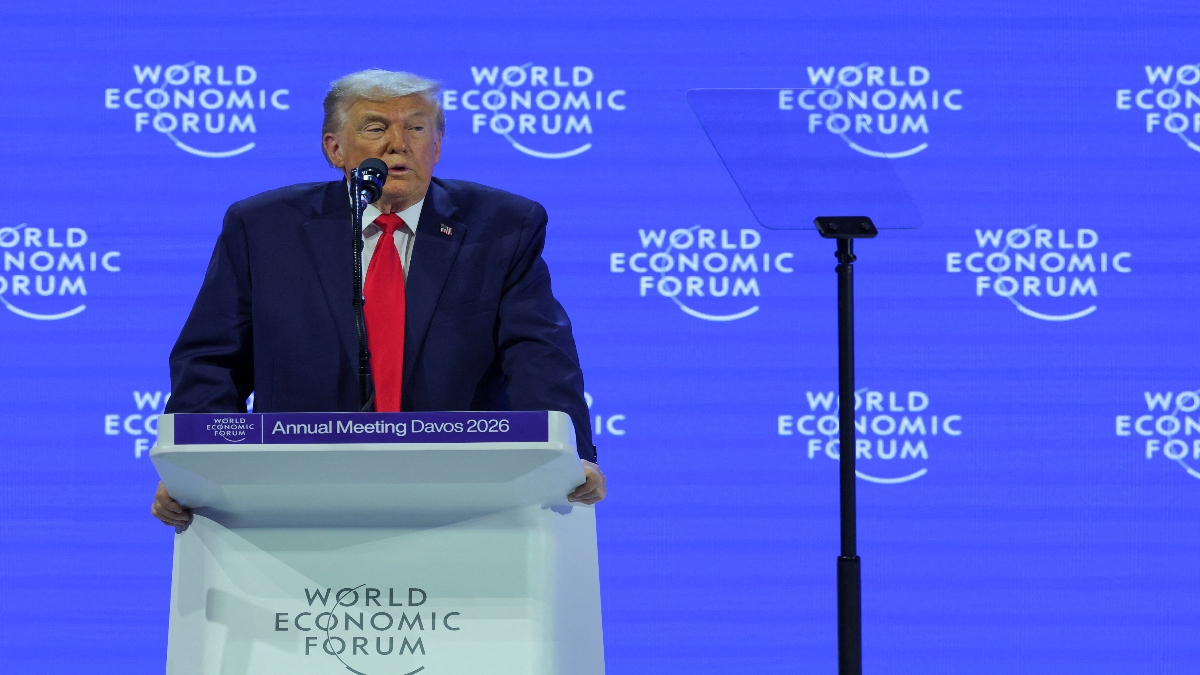)
)
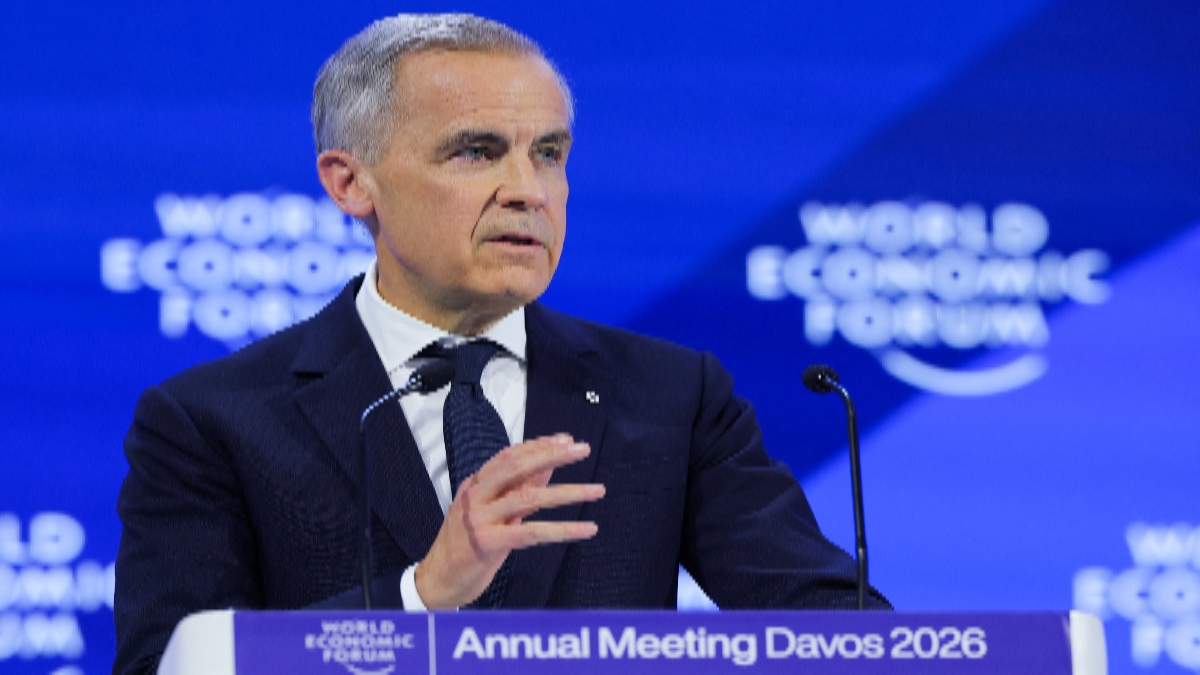)
)
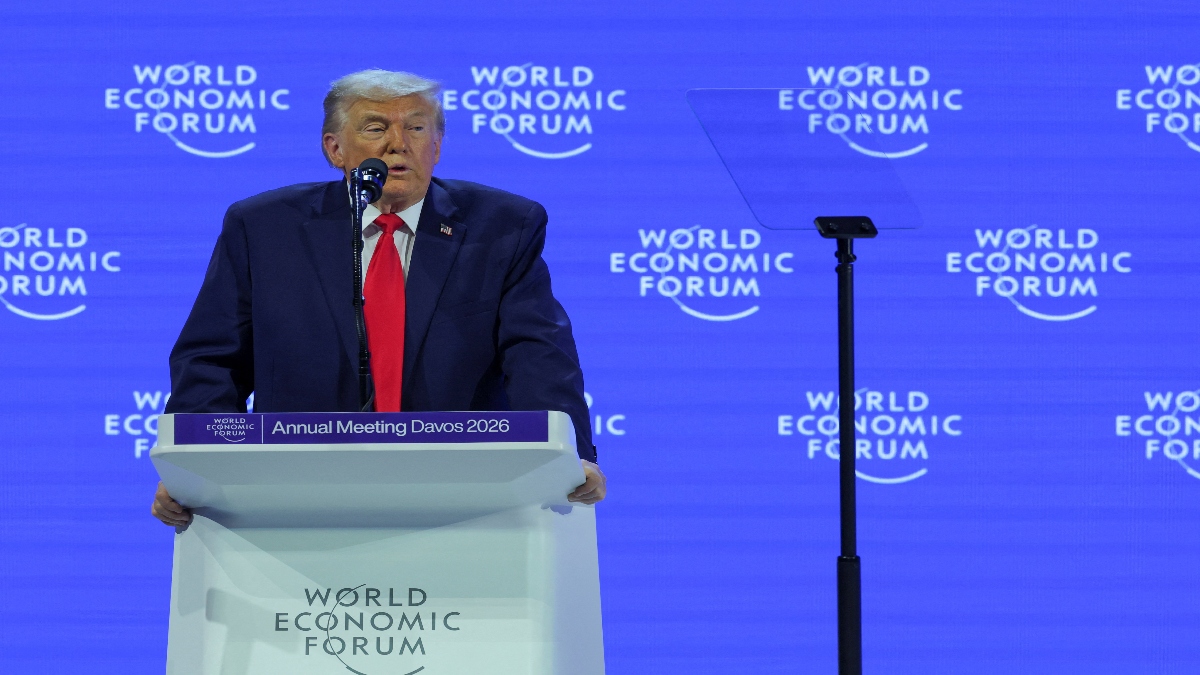)
)
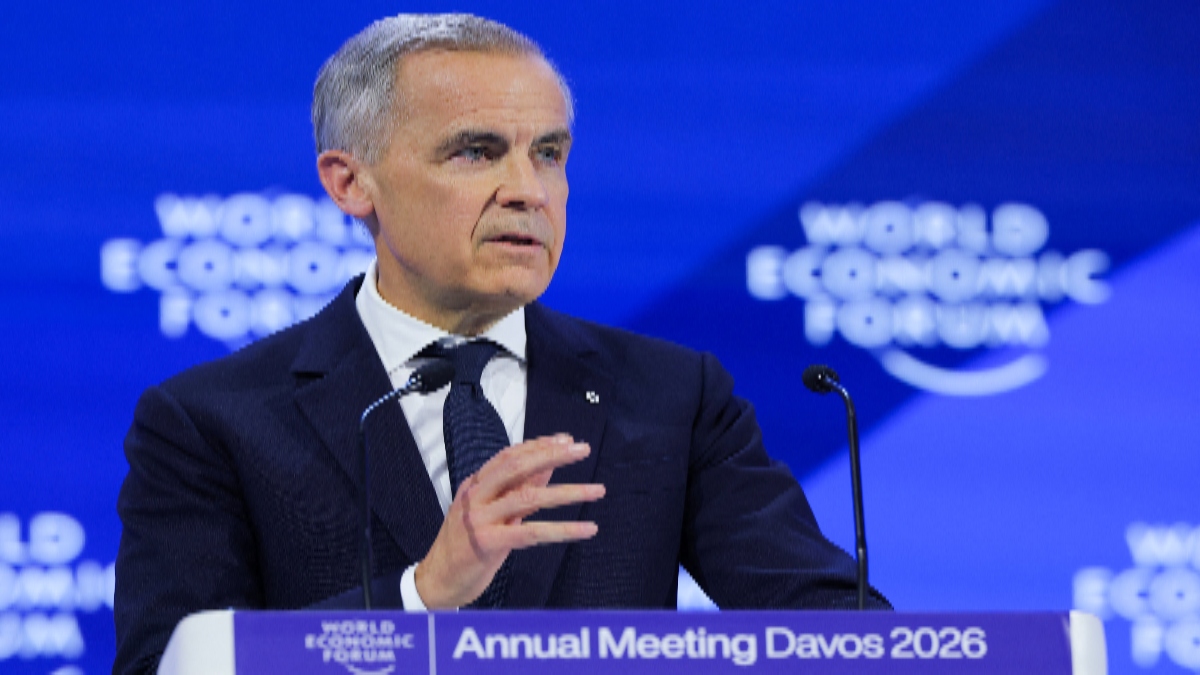)
)



